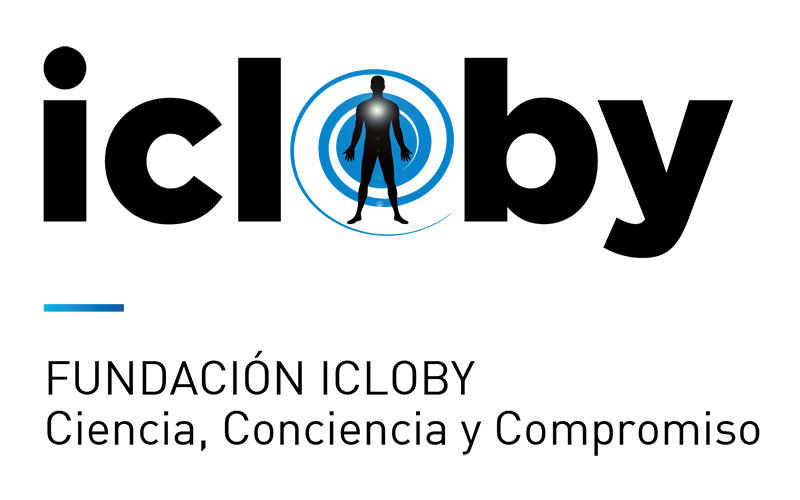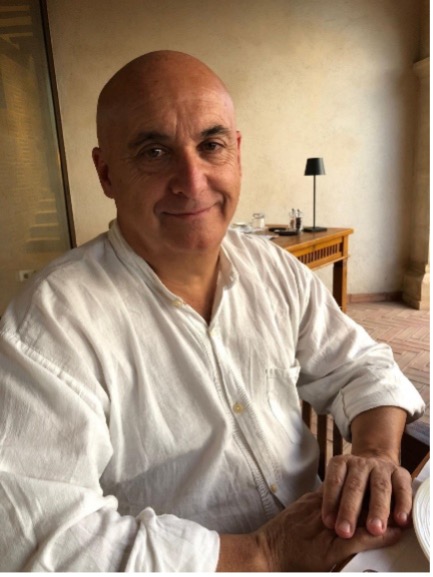Today is about books. This month marks the release of Life Beyond Life Xavier Melo, published by Editorial Kairós. All proceeds from the book—as well as income from the “Somos Alma” YouTube channel and the Foundation’s other social media platforms—are dedicated to consciousness research through Project Luz.
Life Beyond Life details near-death experiences with serene emotion from those who have lived them, and with clarity and integrity from the doctors who have witnessed them in operating rooms or in their clinics.
This book, like the work done by the scientists and support staff involved in Project Luz, was created as a gesture of solidarity. We are deeply grateful to everyone involved for their altruistic contributions.
Our thanks go to all the contributors to the book: Pim Van Lommel, Bruce Greyson, Raymond Moody, Eben Alexander, Jeffrey Olsen, Luján Comas, Emilio Carrillo, Manual Without, Santiago Rojas, María Enth (anonymous), Gretel Botella, Juanma Carretero, Arantza Alcíbar, Montserrat Fonts, Ana Cecilia González, Estíbaliz Hernández, Yvonne Kason, Carmina Martínez, Ingrid Honkala, and myself—for their significant and selfless input.
“I hope this book touches your heart, dear future reader, and that it becomes a source of motivation, optimism, and life for you. May it transform you and help shape your view of your life’s purpose. And beyond that, may it help you—rationally and scientifically—to understand that our brain is not the entirety of our consciousness. There is significant evidence that consciousness is non-local and does not reside solely, or even primarily, in the brain, as we discuss in this month’s scientific review of the book The Immortal Mind: Out Today — The Brain Can Be Split, but Not the Mind by Denyse O’Leary and Michael Egnor.
And it’s not surprising that this might be so. Consider the book Man’s Search for Meaning by psychologist and psychiatrist Viktor Frankl, who spent several years imprisoned in Nazi concentration camps. Amid injustice, forced labor, hunger, and freezing temperatures, he noted that the prisoners who had a will to live and could find meaning in their suffering were more resilient and more likely to survive. On the other hand, those who gave up emotionally, or desperately fought others to survive, eventually lost hope and most of them died.
We could also cite less extreme, everyday examples—such as people living with AIDS or cancer. Many cases show that those with the will to overcome their illness have a much higher survival rate than those who focus on their misfortune.
In the face of life’s difficulties—and we can expect to encounter many—it’s crucial to maintain this vision of trust and optimism, without judging whether things are good or bad. We must aim to bring more life to the years we have, rather than merely trying to add more years to our lives[./tp]Faced with the difficulties of life and foresee that we will have them in our world, This vision of trust is important, of optimism without judging whether it is good or bad and put a lot of life to the years we have and not worry so much about having many years of life.Xavier Melo PhD
Founding Director
Icloby Foundation


